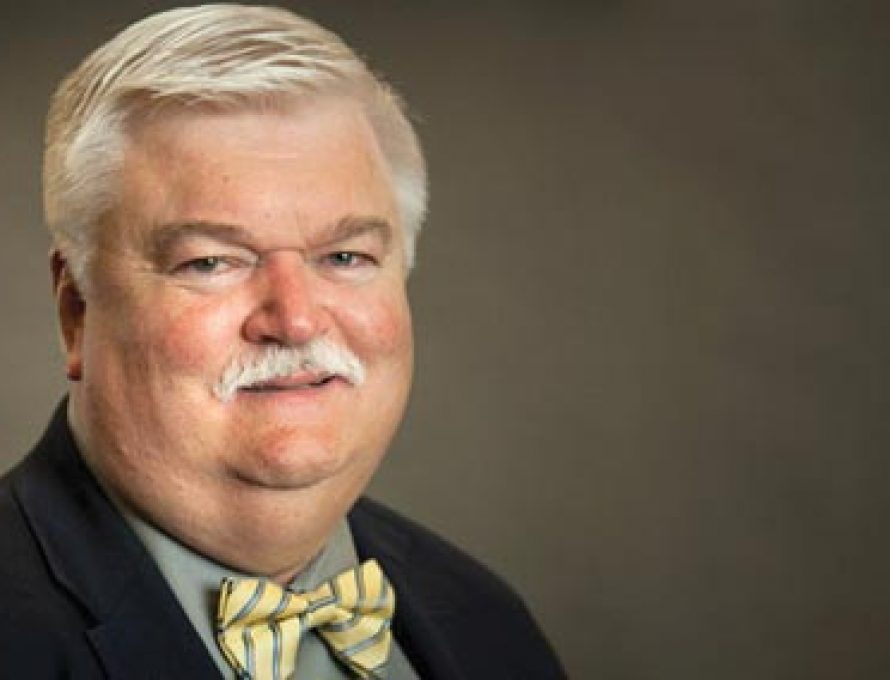It has been a few years, but it still gnaws at me to this day.
I stopped by the grocery one night on the way home. A lady, with a toddler, was in the checkout lane in front of me. She used food stamps to pay her bill. At that moment I felt the Holy Spirit impressing upon my conscience to step in and pay her bill. I did not do it.
I had the opportunity to share God’s love, and I failed. I have asked God to forgive me and to give me other opportunities to help those in need. He has, and the opportunities to help others has grown exponentially. Helping the poor follows the example of Jesus, and I have learned that it can become a delightful source of unexpected joy. A blessing beyond measure.
Jesus understood the reality of poverty in society and the difficulties of the poor living in a fallen world (there will be no poverty in heaven). He stressed the need to give to the poor (Matt. 19:21; Luke 12:23) and to provide for them (Luke 14:13, 21). Jesus himself identified with the poor and was among the homeless (Luke 9:58).
The book of James emphasizes God’s sensitivity to the poor and their faith (James 2:5). The Bible stresses that both the individual and the church are to be engaged in helping the poor. The believer’s model for this action is the life of Jesus and Scripture, which grounds such sensitivity in the very nature of God Himself.
Many Missouri Southern Baptist churches have ministries geared toward helping the poor. Clothing “closets,” food pantries and benevolent funds are Christ-honoring ways for the body of Christ to minister to those who are the “least among us.”
The equality of persons before God is an important principle of the Christian faith. After all, the body of Christ is composed of rich and poor. We do not have far to look to find a friend in need.
Government, which derives its authority from God (Rom. 13:1), bears some responsibility in caring for the poor – including injustices perpetrated against them. God listens to the cry of the needy (Exod. 22:27), blesses those who consider them (Deut. 24:13, 19) and holds accountable those who oppress them (Deut. 24:18).
Just recently Missouri Attorney General Eric Schmitt’s office filed charges in Boone County against a Moberly man for allegedly selling fraudulent insurance plans to patrons at Boone County food banks under the guise of helping them get a grant for dental work. “Preying upon Missourians who are seeking to get a meal at a food bank is unconscionable,” Schmitt said. “While every individual is, of course, innocent until proven guilty, we are confident in our investigation and the charges we filed.” The Psalmist says oppression of the poor is one of the crimes of the wicked (109:16).
The Boone County case is a great example of how government should work in aiding the poor. Despite such efforts, human trafficking, hunger and homelessness persist in Missouri. Kansas City remains a hub for national human trafficking, 14 percent of Missouri households with children do not have enough to eat and there are more than 32,000 school children who are homeless.
The Psalmist tells us that helping the poor is identified with righteousness (112:9). Let us earnestly pray for the poor. Let us act without hesitation to meet the needs of the poor and encourage our friends and government leaders to do likewise.
* * *
In my March 12 column about our culture’s deteriorating discourse, especially in the area of public policy, I mentioned that I had testified before the House Judiciary Committee concerning a religious liberty bill. The bill would require any person or organization to identify the plaintiffs in church/state lawsuits. Atheists use anonymity to misrepresent the views of their opponents.
I reported that during my testimony State Rep. Mark Ellebracht (D-Liberty) rattled off several names and asked if I knew any of them. I replied I did not. Then he mentioned Nuremberg, the German city where Nazis were put on trial for their war crimes. He seemed to imply I was a Nazi, but Ellebracht called me to tell me that was not the case. He said he was referring to the Nuremburg Files, an American website that lists the names and addresses of abortionists, three of whom have been killed. He apologized for the confusion, admitting he should have made the distinction. I accepted his apology and happily clarify what he intended.

